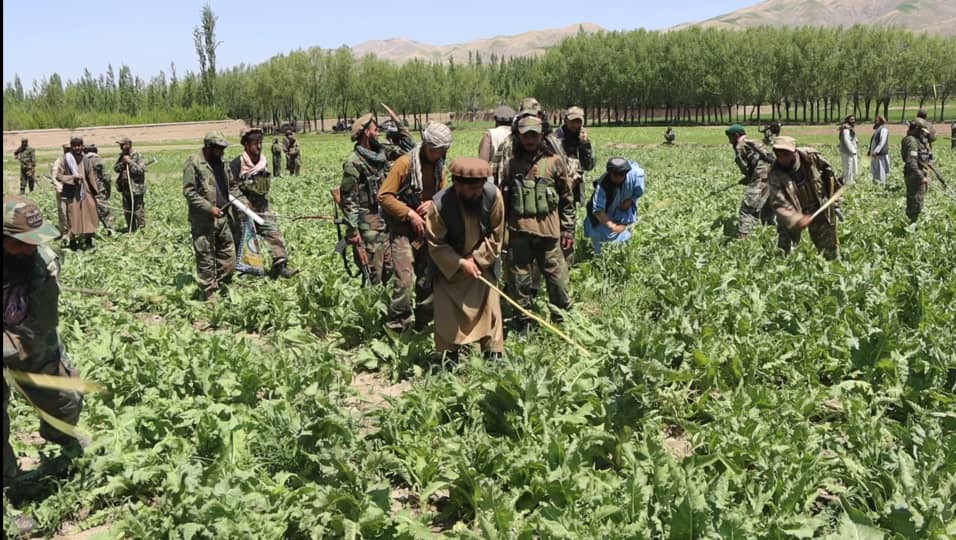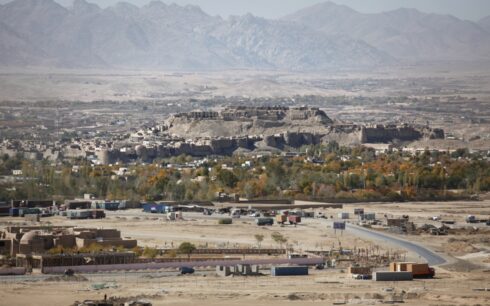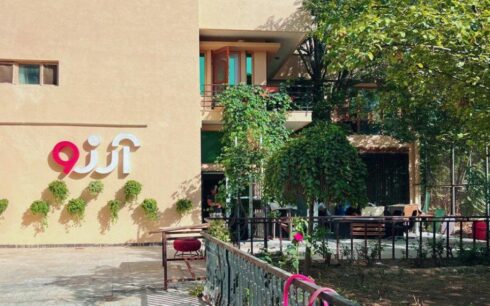KABUL, Afghanistan — Taliban authorities in Afghanistan’s northeastern Badakhshan province have arrested more than 100 farmers on charges of cultivating poppies, a key ingredient in opium production.
Quoted by AFP, Shafiqullah Hafizi, the Taliban’s director of counter-narcotics police in Badakhshan, said the arrests were made during recent operations in several villages.
“Our forces detained these individuals while they were cultivating poppies,” Hafizi said. “They have been referred to Taliban courts for prosecution.”
Rising opium production amid ban
The arrests come as Afghanistan continues to grapple with a rise in opium production despite the Taliban’s 2021 ban on poppy farming. A new report from the UN Office on Drugs and Crime (UNODC) revealed that opium production in Afghanistan increased by 30 percent this year compared to 2023, reaching 12,800 hectares.
The report estimated Afghanistan’s opium production in 2024 at 433 metric tons, a 30 percent rise from the previous year but still 93 percent lower than the record levels of 2022, the year the Taliban announced the ban. The estimated value of opium produced in 2024 reached $260 million, marking a 130 percent increase from 2023 but remaining 80 percent below its 2022 value.
Call for alternative livelihoods
The Taliban have repeatedly emphasized the need for international support to provide alternative livelihoods for Afghan farmers who rely on poppy cultivation for their income. Sohail Shaheen, the head of the Taliban’s political office in Doha, underscored the importance of fulfilling pledges made during international talks in Doha earlier this year.
“Afghan farmers need assistance and sustainable alternatives following the poppy ban,” Shaheen said. “Implementing the decisions of the Doha summit is critical.”
Some farmers have already started seeking alternatives. A farmer who recently switched to growing cotton described it as a “clean” and “Islamic” livelihood.
“Cotton is halal income,” he said. “Poppy destroys lives and families. But this—this is pure. I call it white gold.”
A persistent challenge
Despite the Taliban’s ban, Afghanistan remains one of the world’s largest producers of opium, fueling a global narcotics trade that has plagued the country for decades.
Critics, including former Afghan security officials, have accused elements within the Taliban of profiting from drug trafficking—allegations the Taliban have repeatedly denied.





